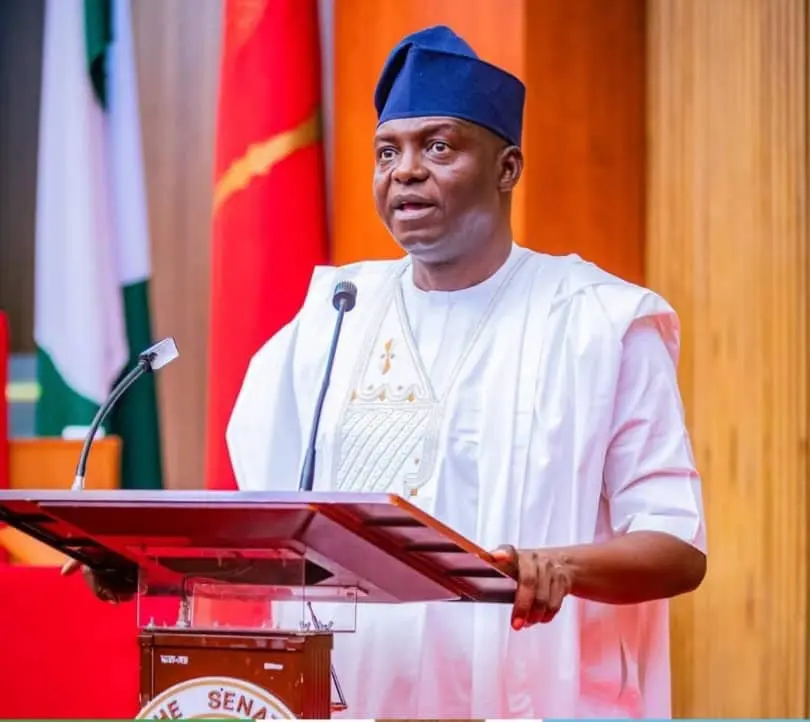Amidst recent controversy surrounding the Nigeria Education Loan Fund, the scheme’s CEO, Akintunde Sawyerr, has come forward to clarify that no funds are missing. The issue began when the Independent Corrupt Practices Commission, ICPC, raised concerns over discrepancies and missing funds amounting to N71 billion in the student loan program. However, the ICPC later admitted to an error in accusing NELFUND of misappropriation, yet the allegations have continued to spark debate.
In a recent interview on Channels TV, Mr. Sawyerr emphasized the fund’s integrity, stating, “We are all looking for this so-called money. First of all, let me be very clear. No money has been stolen.” He attributed the establishment of the Nigeria Education Loan Fund to the president’s wisdom and well-intentioned program aimed at bridging the financial gap for students who cannot afford education. Mr. Sawyerr reiterated, “No N71bn is missing,” and explained that the funds provided are intended to cover tuition and institutional charges for students, ensuring they have access to education without financial burdens.
Addressing complaints from students about delayed payments, Mr. Sawyerr clarified the disbursement process, noting that NELFUND directly pays schools for tuition and not individual students. He explained that schools are expected to provide students with unrestricted access to classes once they receive the funds. In cases where students have already paid their fees, and NELFUND also pays the school, it results in a double payment. Mr. Sawyerr assured that a thorough investigation is underway to understand and resolve any discrepancies in the disbursement process.
The controversy surrounding the alleged missing funds has raised concerns among students and the public. However, with the ICPC’s admission of error and Mr. Sawyerr’s reassurances, it appears that the Nigeria Education Loan Fund is taking steps to address the issues and ensure the program’s integrity. As the investigation continues, it is essential for transparency and clarity to maintains trust in the scheme, which plays a critical role in making education accessible to those who need it most.



